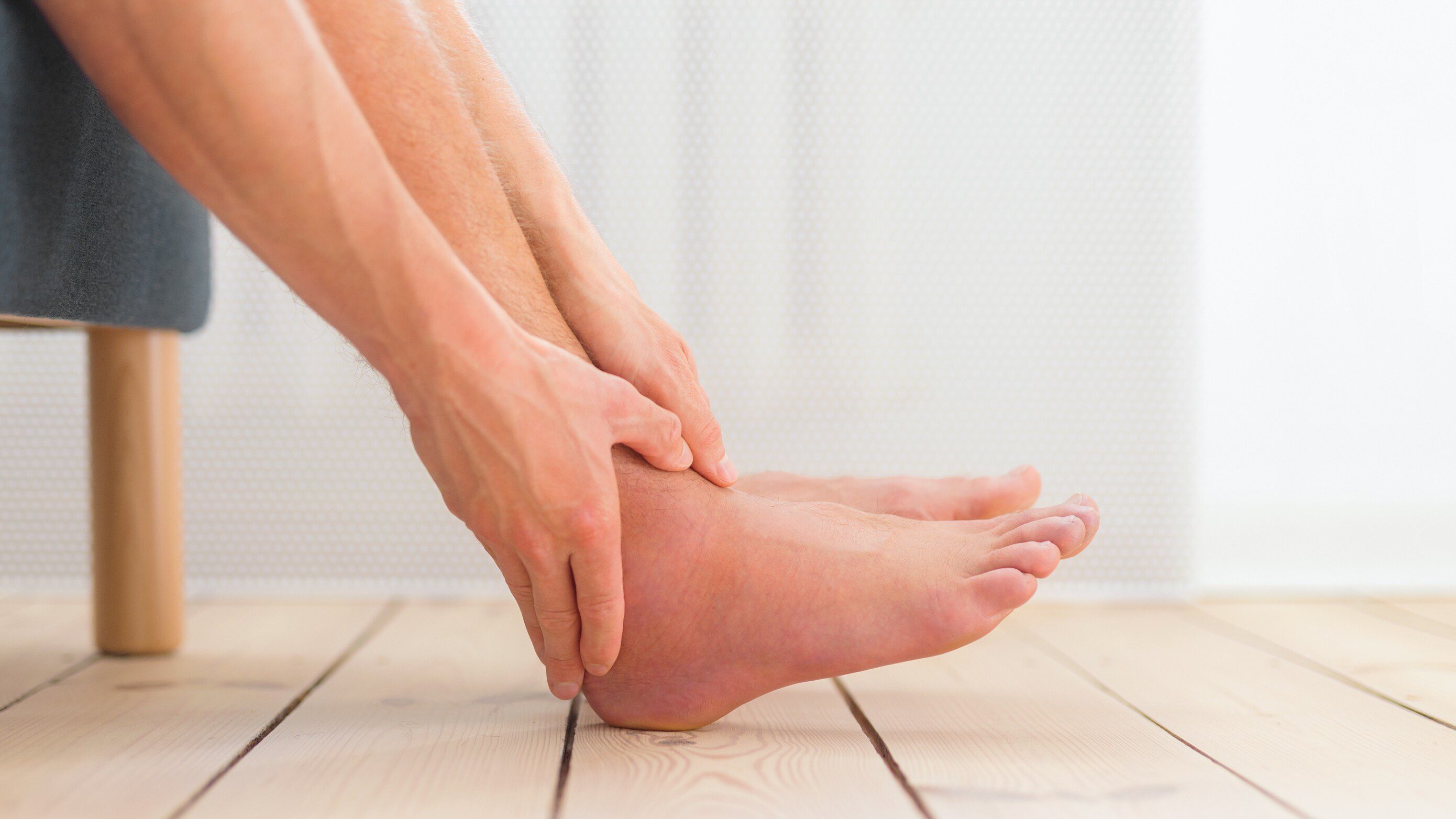Swollen ankles are a common problem in seniors. They can cause pain when walking and limit mobility. This article discusses the causes of swollen ankles and suggests ways to manage this condition.
Causes of swelling
Swollen ankles in the elderly are often the result of a build-up of fluid in the tissues, called. edema. Several factors can lead to this condition:
- Heart disease: weak heart function can cause fluid to build up in the legs and ankles.
- Kidney problems: kidneys that don’t work well can lead to fluid retention.
- Inactivity: prolonged inactivity can cause fluid to accumulate in the legs.
- Medications: some medications, such as those for high blood pressure, can cause swelling.
Understanding the cause is crucial. It helps doctors and patients manage the condition more effectively.
Conventional methods of treatment
Doctors often recommend several methods to manage swollen ankles:
- Compression socks: these socks exert gentle pressure to promote fluid movement.
- Raising the legs: Raising the legs above heart level several times a day can help reduce swelling.
- Exercise: Regular, gentle exercise helps to remove fluid from the feet.
- Medication: diuretics, which help the body expel excess fluid, are a common treatment.
These methods are effective, but require regular follow-up and consultation with your healthcare provider.
Home treatment procedures that help
In addition to medical treatment, several non-traditional methods can also help reduce swelling:
- Salt reduction: Eating less salt helps the body retain less fluid. It’s best to avoid processed foods that are high in sodium and instead choose fresh vegetables, fruit and lean proteins.
- Hydration: it is important to drink plenty of water. It helps the kidneys to function properly and flush out excess salt and fluids from the body. Unless otherwise directed by your doctor, aim for 8-10 glasses a day.
- Massage: a gentle massage can stimulate the lymphatic system and help drain fluid accumulated in the ankles. Use light, smooth strokes towards the heart.
- Cold compresses: applying cold compresses to the ankles for 15 to 20 minutes several times a day can constrict blood vessels and reduce swelling. Make sure the compress is not too cold to avoid damaging the skin.
- Soaking in Epsom salt: Soaking your feet and ankles in a warm bath with Epsom salt can also help reduce swelling. The magnesium in epsom salt can help reduce inflammation and improve circulation.
These home remedies are simple and safe, but should complement, not replace, professional medical advice.
When to see a doctor
In case of swelling, it is important to consult a healthcare provider:
- If it appears suddenly or without a clear cause.
- It is accompanied by pain, redness or warmth around the swollen area.
- It is accompanied by other worrying symptoms such as difficulty breathing or chest pain.
These could be signs of a serious condition that requires immediate attention.
Atena’ s commitment to health and wellbeing goes beyond recruitment. We believe in enabling seniors to live comfortably and independently. By understanding and addressing issues such as swollen ankles, we help many improve their quality of life. Join Atena and make a positive impact on the lives of seniors.







